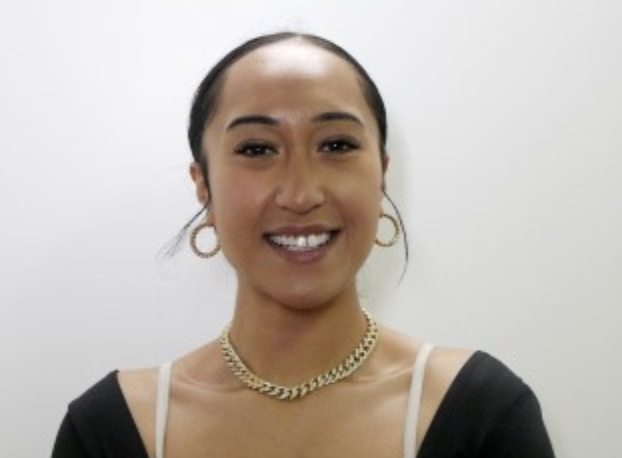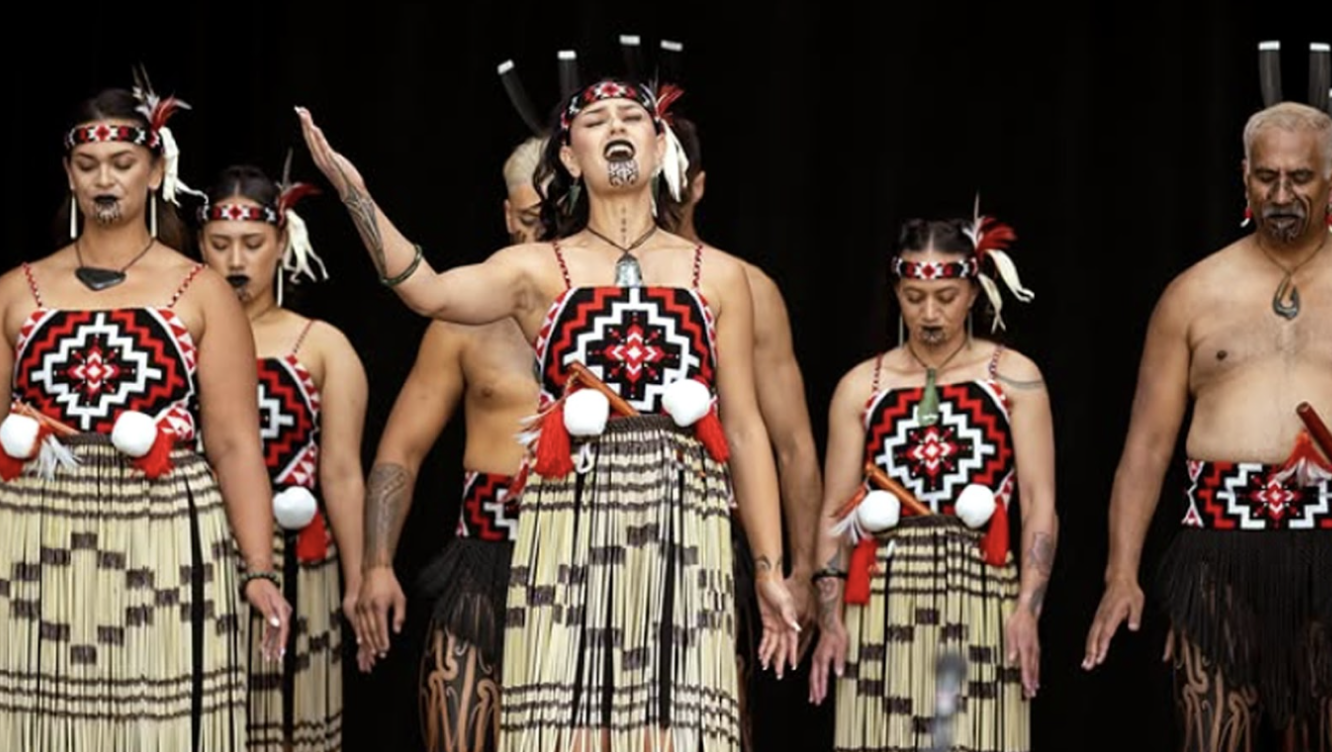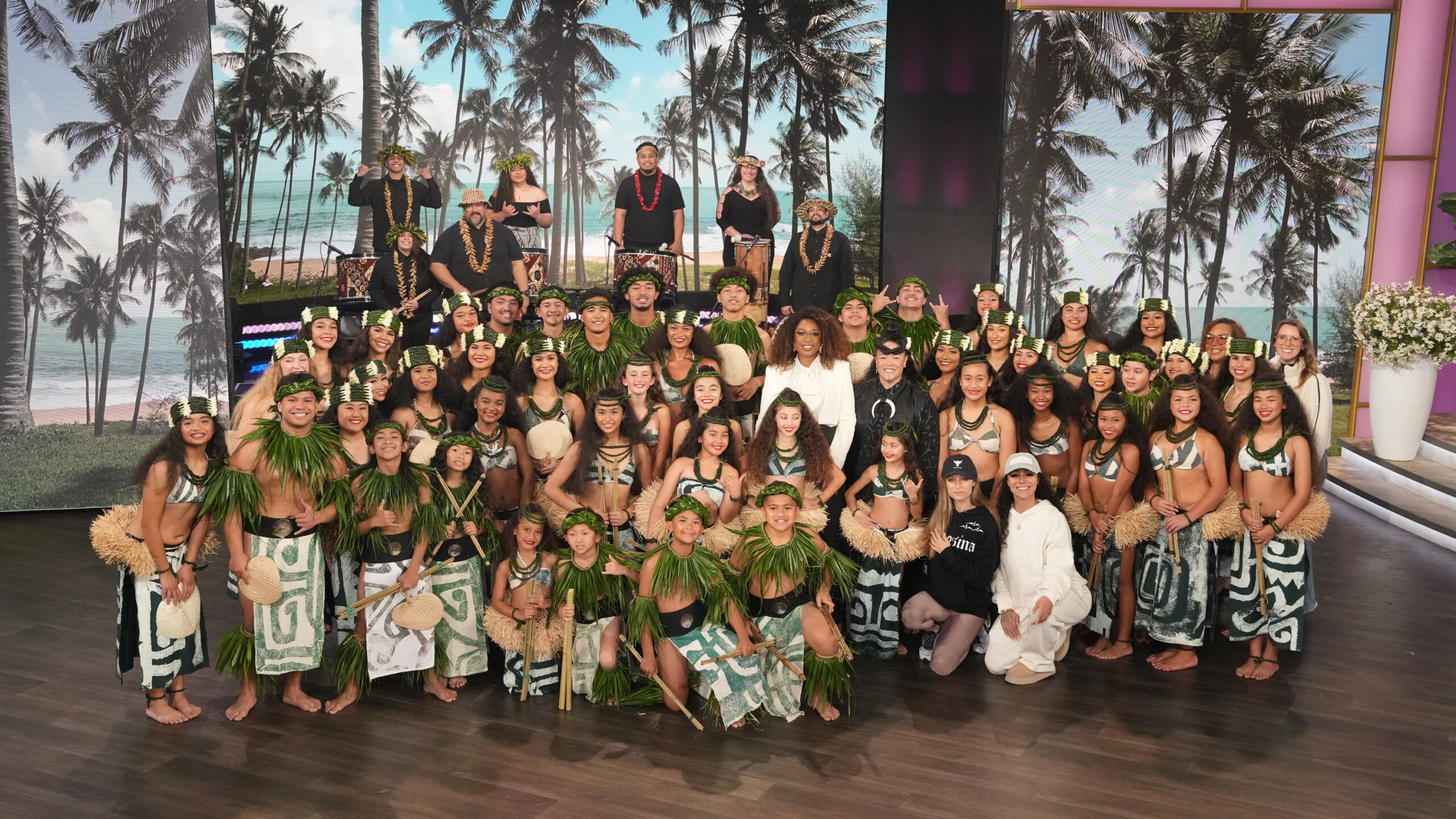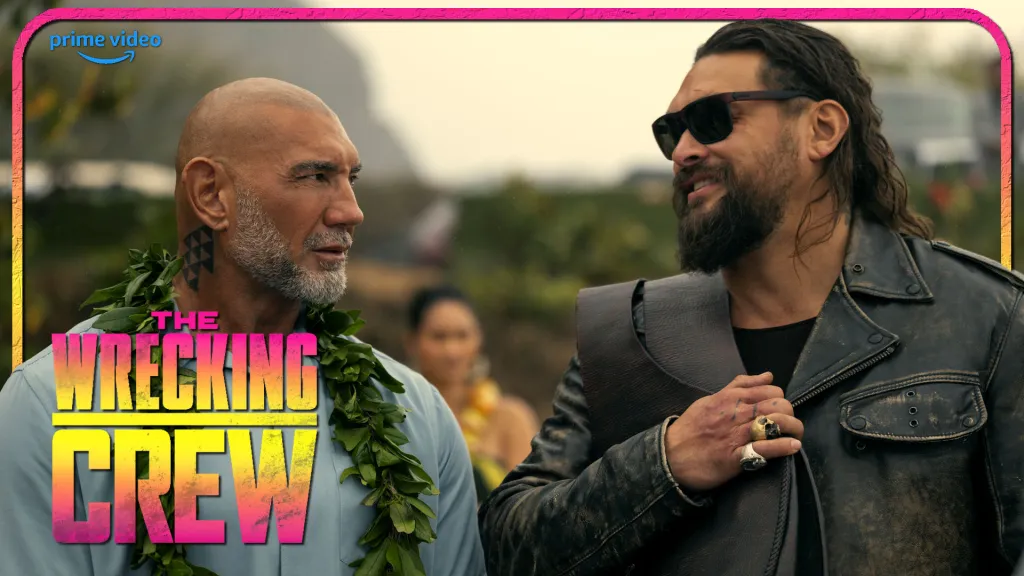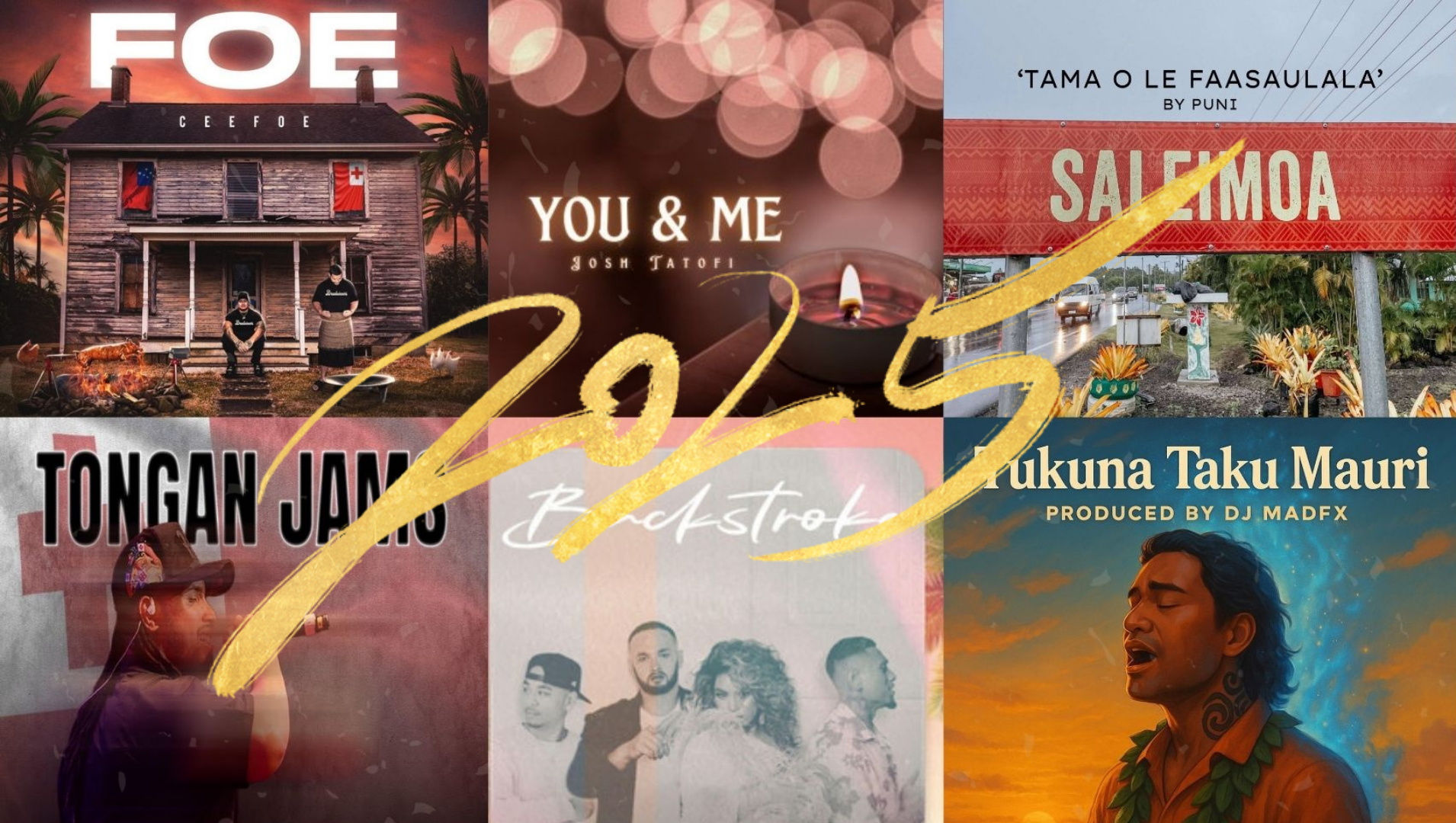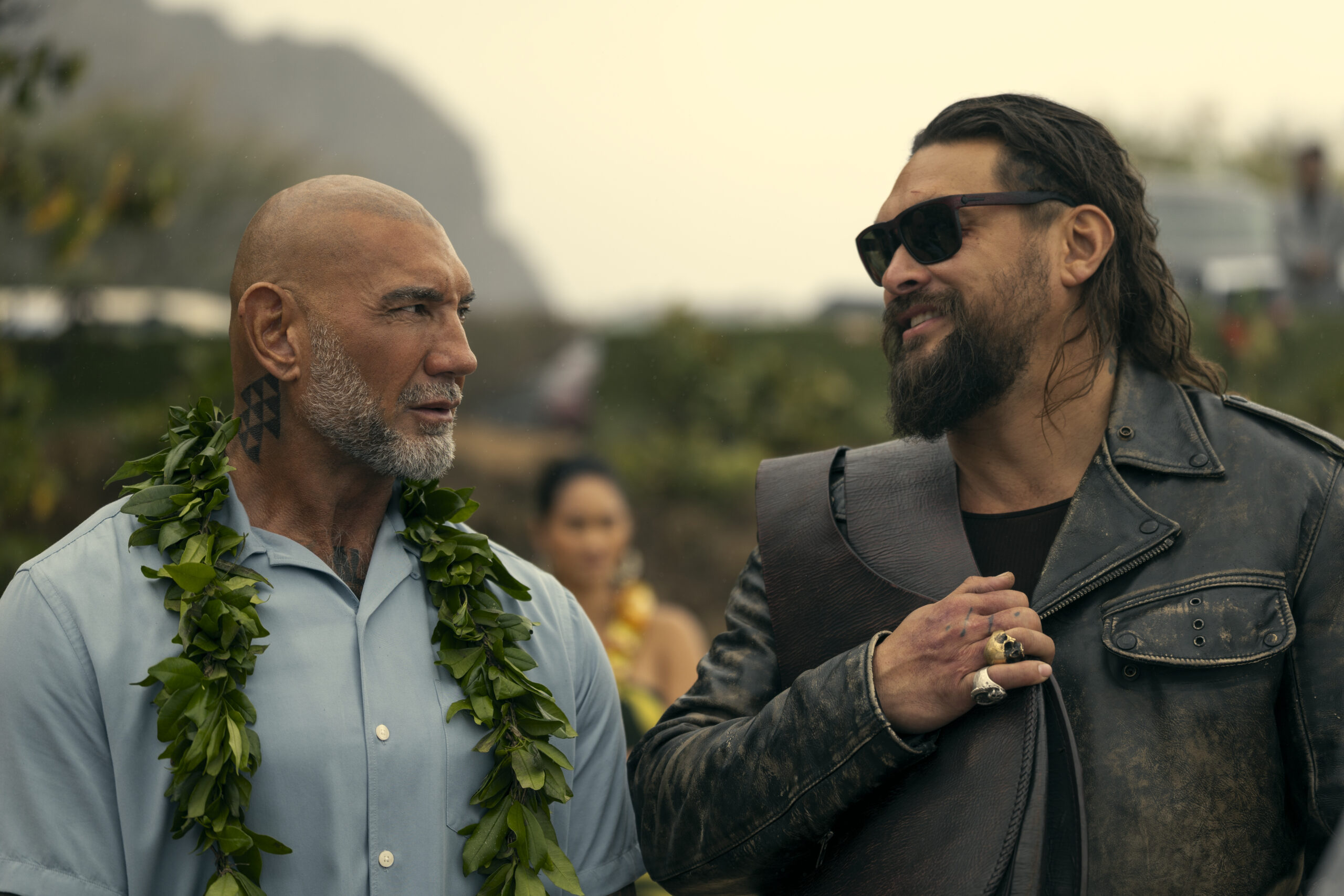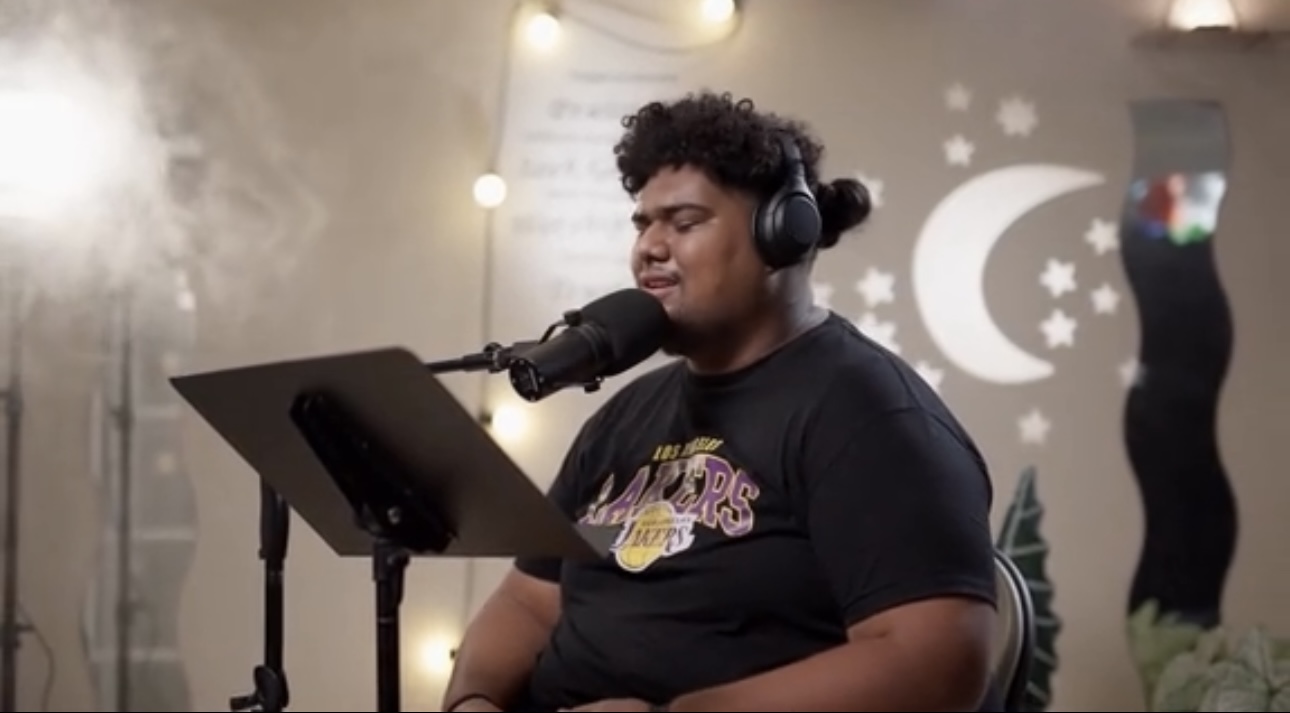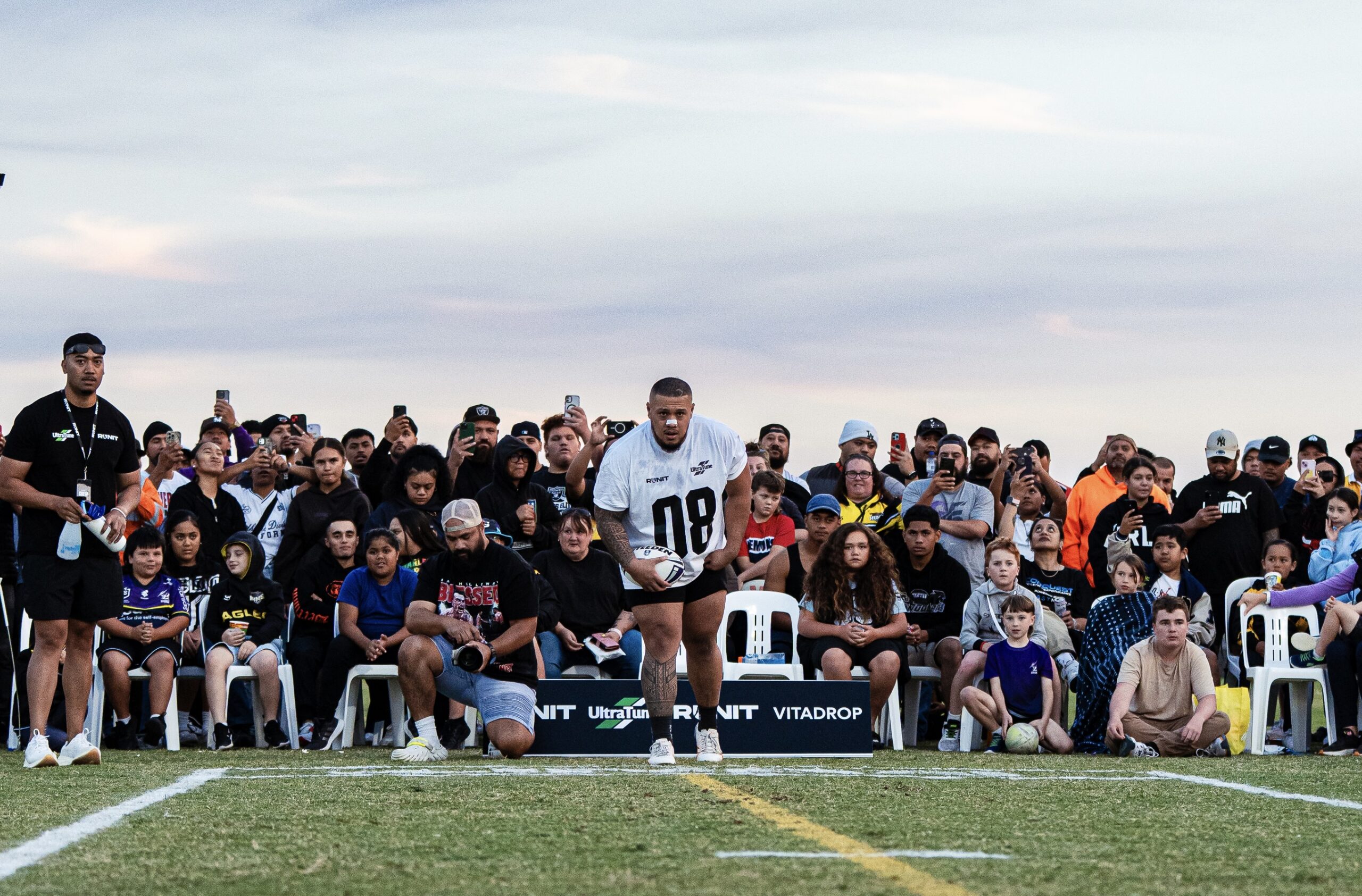Te Matatini is a powerful celebration of Māori identity, culture, and storytelling. More than just a competition, it serves as a platform for sharing pūrākau (stories), addressing political/contemporary issues, and expressing iwi (tribal) histories through the art of kapa haka.
This year, Te Matatini was hosted in the Taranaki region, home to Te Ātiawa. The timing was significant, as Taranaki Maunga was officially granted legal personhood in 2025 following treaty settlements—an acknowledgment of Māori tikanga (customary law) within the legal system.
Thousands gathered from across Aotearoa and beyond to witness the performances, with an estimated 20,000 attending in person and 1.8 million tuning in via TV and online streaming. On finals day alone, 233,000 viewers watched the competition unfold. Beyond the stage, Te Matatini stands as a global showcase of Indigenous excellence, amassing over 21.5 million views across social media platforms—highlighting the widespread engagement and visibility of Māori culture on the world stage. The festival also welcomed First Nations leaders and Indigenous diplomats who came to experience the strength of Māori identity. It is a powerful exchange of mauri (life force), to be shared with the world.
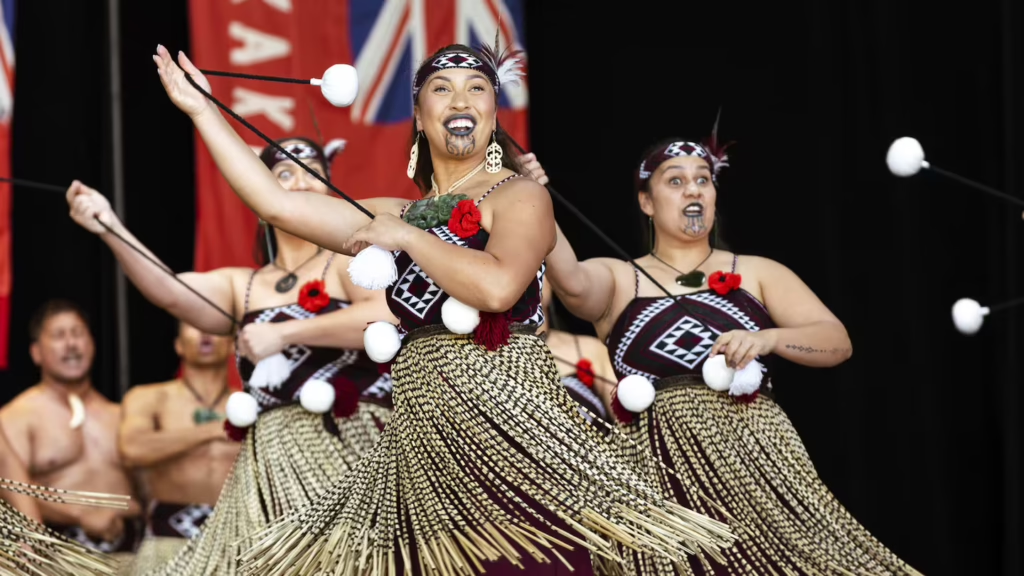
An innovative initiative, Haka Translate, was introduced this year, providing live multilingual translations in English, Mandarin, Samoan, Tongan, Cook Islands Māori, and Fijian. This innovation helped bridge language barriers and expand the festival’s reach to a broader global audience.
Fifty-five kapa haka groups from different iwi and regions—including teams from Ahitereiria (Australia)—took the stage, with the top three from each division advancing to the finals. This year marked a historic moment, as first-time winners Te Kapa Haka o Ngāti Whakaue were crowned the new reigning champions.
Kapa haka is more than performance—it is a movement of language revitalization, cultural pride, and Māori self-expression. It provides a creative space for Māori to share their stories, histories, political perspectives, religious beliefs, and whakapapa (genealogy) within a structured seven-item performance bracket while incorporating various haka styles.
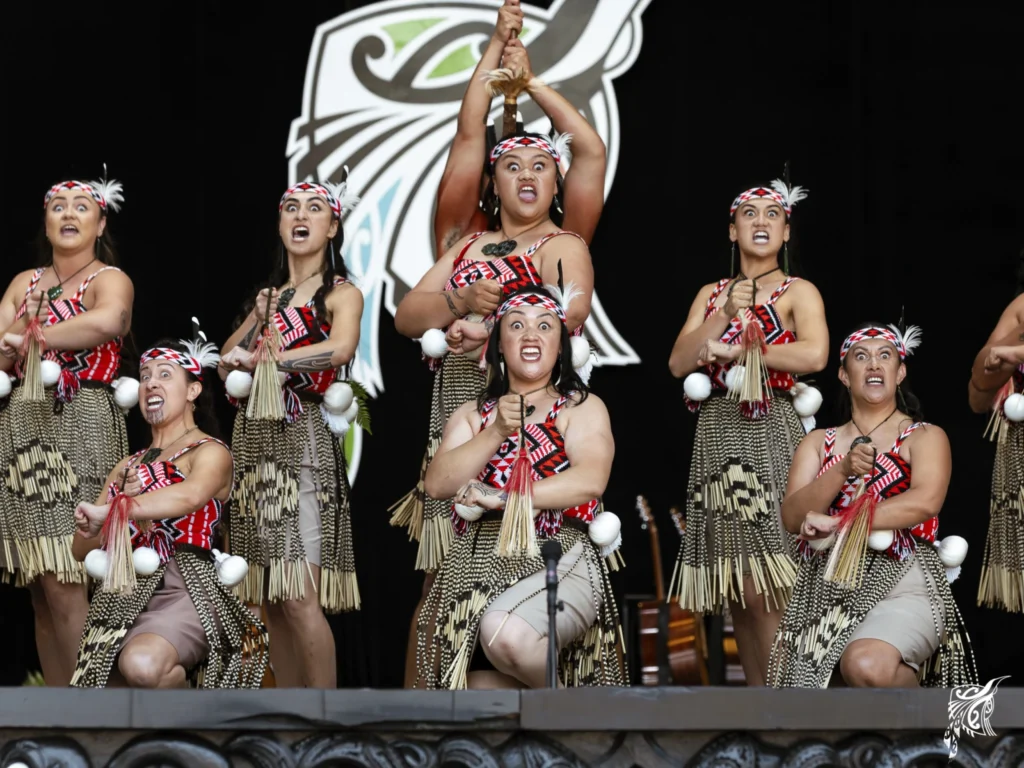
Preparing for Te Matatini is not just about rehearsing; it is a way of life. It involves months of wānanga (live-in learning sessions), noho (overnight stays), kōrero (deep discussions), and relentless practice. The festival’s success is a testament to the dedication of kaihaka (performers), whānau (families), kaimahi (workers), and volunteers who pour their hearts into making it all happen.
Te Matatini will always remain deeply embedded in Te Ao Māori. As kapa haka continues to expand, it also creates opportunities for Māori businesses, Māori media, and Māori politics to thrive, with our values and traditions at the heart of the festival. It is a cycle of generations coming together—honoring the past while embracing contemporary kōrero that evolves with the times. This allows Māori to grow and adapt while staying firmly rooted in our unique identity— of what it means to be Māori.
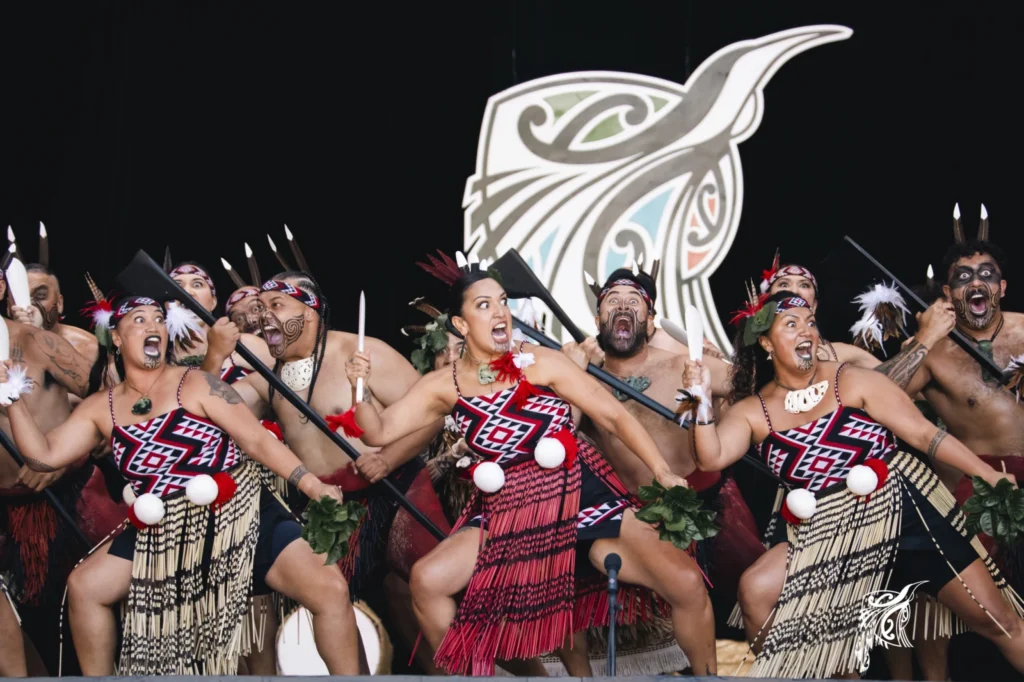
Photo Credits: Te Matatini

